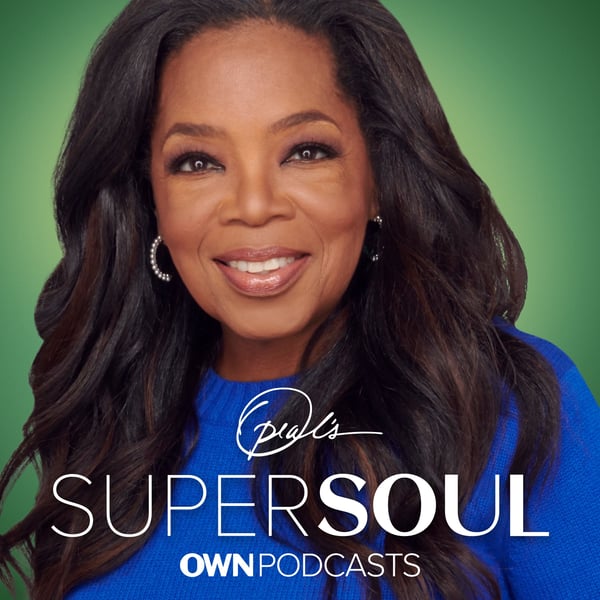Where Do We Go From Here? Part 1
Oprah's Super Soul
Oprah
4.6 • 32.9K Ratings
🗓️ 17 June 2020
⏱️ 47 minutes
🧾️ Download transcript
Summary
Transcript
Click on a timestamp to play from that location
| 0:00.0 | I'm Oprah Winfrey. Welcome to Super Soul Conversations, the podcast. I believe that one of |
| 0:07.5 | the most valuable gifts you can give yourself is time, taking time to be more fully present. |
| 0:16.0 | Your journey to become more inspired and connected to the deeper world around us starts right |
| 0:23.0 | now. |
| 0:24.0 | Tonight, where do we go from here? Featuring Stacey Abrams, Bishop William J. Barbara II, Charles |
| 0:32.4 | Blow, Keisha Lance Bottoms, Eva Durinay, Jennifer Everhart, Nicole Hannah Jones, Ebrum |
| 0:38.0 | Kinney, David O'Yellowow, Rashad Robinson, what matters now, what matters next, what do we |
| 0:44.1 | want, what are our demands? Where do we go from here? Part 1 begins now. |
| 0:51.3 | Good evening, everyone, and welcome to Own Spotlight. We come to you on this day, which |
| 0:56.5 | represents the final memorial of George Floyd. Just like in our own families, often we |
| 1:03.7 | can't begin to process what's happened until after the burial or the memorial service. |
| 1:10.8 | This is where we are now as a people and as a country. I've been talking on television |
| 1:16.7 | about racism now for over 35 years. And I remember it was back in the day in 1985. I was a host |
| 1:24.4 | of a local talk show in Chicago. Before we even gone national, I had a white teacher on |
| 1:29.7 | named Jane Elliott, who created the famous brown-eyed, blue-eyed experiment, which explores |
| 1:37.0 | racial prejudice. And I remember in that moment, recognizing how little, so many white |
| 1:44.2 | people understood about racism and over the years of the upper show. I did over a hundred |
| 1:49.9 | shows on racism. I did a town hall in Forsyth County, Georgia, where they had tried to ban |
| 1:57.1 | black people in the whole city. We came to L.A. for the right-and-me king, Beating and |
| 2:02.7 | L.A. riots and did our show from here. And also had many heroes of the Civil Rights Movement, |
| 2:08.8 | the little rock nine, and a room filled with the original remaining freedom writers. In all |
| 2:14.1 | those experiences, though, I don't recall a moment quite like this one, because we find |
... |
Please login to see the full transcript.
Disclaimer: The podcast and artwork embedded on this page are from Oprah, and are the property of its owner and not affiliated with or endorsed by Tapesearch.
Generated transcripts are the property of Oprah and are distributed freely under the Fair Use doctrine. Transcripts generated by Tapesearch are not guaranteed to be accurate.
Copyright © Tapesearch 2025.

